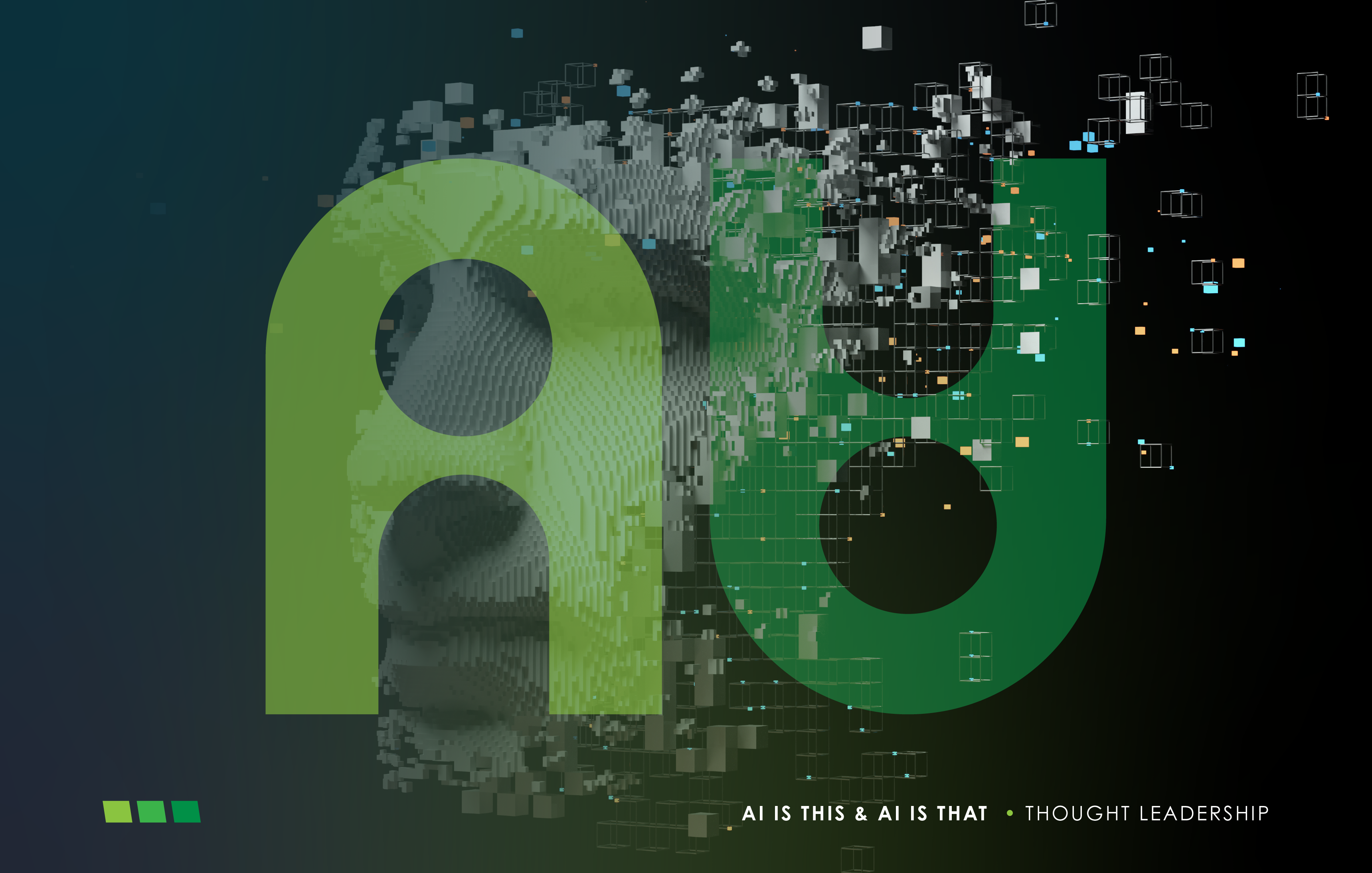Business professionals around the globe are dealing with a variety of stressors when the topic of AI comes up. According to an IDC study* ran in 2023, globally, businesses plan to spend a whopping $301 Billion on AI projects by 2026.
That’s only two years away! Small business owners and large organizations alike are all trying to determine how to apply AI and bring more value to their business. Every department from marketing to sales can benefit from AI, but whose responsibility is it to govern the investment? Who are the qualified individuals or teams that understand what makes AI this and AI that? In the same study run by IDC it was reported that 50% of respondents plan to use AI to automate business processes within 12 months. If you’ve been tasked to review, assess, or select the next AI investment for your business, here are some helpful tips designed to encourage a holistic mindset regarding your AI strategy.
The online business school of Harvard teaches business professionals to view these concerning topics through the “LECA” lens. What’s LECA? Leadership, Ethics and Corporate Accountability. It’s the belief of the educators at Harvard’s online business school**, that each difficult decision brought to leaders can be solved to the best of our ability by creating a holistic view from three different vantage points. The vantage points “ESG” coming into focus are not a foreign concept. “ESG” in this context refers to Environmental, Social and Governance. Leaders must put the thought leadership into AI to sustain growth in the most responsible way.
Let’s begin with the ‘Environmental’ aspect of AI. In July of 2023, a study ran by University of California highlighted “The rising computer processing demands from AI are increasing freshwater consumption to cool thousands of servers housed in warehouse-sized data centers and increasing unhealthful air pollution from coal power plants that provide much of the electricity. The paper, published by University of California, Riverside, electrical and computer engineers finds that technology companies are not doing enough to equitably distribute these growing environmental impacts. The finding mirrors calls from international organizations such as the United Nations Educational, Scientific and Cultural Organization and the Organization for Economic Cooperation and Development for efforts to address AI’s environmental inequity.” 1 To put it simply; ensure your AI investment is with an environmentally focused company. 
The next vantage point to review the topic of AI through is the ‘Social’ lens. AI has claimed the ability to change societal injustices for the betterment of the world. But where are we seeing this come to fruition? Think about the how AI can further help with fair labor practices, enforcing social policies and accountability for how your communities are treated. Keeping these audiences in mind will ensure you put appropriate time into your AI research. The last, and arguably the most difficult lens is “Governance”. How do we apply governance as a practice to the topic of AI? By ensuring your company communicates your AI intentions with appropriate transparency and regulation for your employees and consumers. For example, if Meta leadership had considered the LECA model, they may have avoided creating the $725 million lawsuit placed on Meta in 2022.2
If you are faced with AI investment research and need a professional sounding board, reach out to your leading partner in business process automation consulting, Veracity.
* IDC Status of AI – readout
1 https://news.ucr.edu/articles/2023/07/12/ai-creates-new-environmental-injustices-theres-fix#:~:text=The%20rising%20computer%20processing%20demands,provide%20much%20of%20the%20electricity.
2 https://www.reuters.com/legal/facebook-parent-meta-pay-725-mln-settle-lawsuit-relating-cambridge-analytica-2022-12-23/


